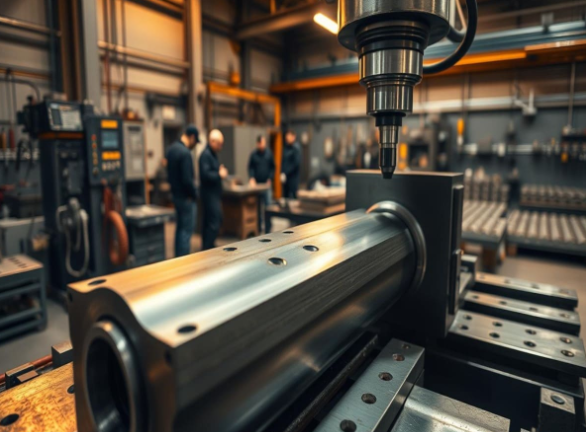How Smart Sensors Are Changing Industry Monitoring
Smart sensors are increasingly integral to modern industry monitoring. These devices collect and analyze data in real-time, enabling companies to enhance operational efficiency. By facilitating quick decision-making and minimizing unplanned downtime, they optimize resource allocation. As industries adopt these technologies, the potential for predictive maintenance and advanced analytics emerges. This evolution raises questions about the future landscape of industry practices and the implications for operational strategies.
The Rise of Smart Sensors in Industry
As industries increasingly seek operational efficiency and real-time data insights, the adoption of smart sensors has surged dramatically.
This evolution in sensor technology is pivotal for industrial automation, enabling enhanced monitoring and control capabilities. Smart sensors facilitate data-driven decision-making, optimizing processes while minimizing costs.
Their integration into various sectors underscores a significant shift towards a more connected and responsive industrial landscape, fostering innovation and adaptability.
See also: How Tech Is Changing the Face of Journalism
Key Benefits of Implementing Smart Sensors
While industries continue to evolve, the implementation of smart sensors offers a multitude of benefits that enhance operational efficiency and data accuracy.
These devices facilitate real-time monitoring, enabling swift decision-making and reducing downtime.
Additionally, smart sensors contribute to significant cost savings by minimizing waste and optimizing resource allocation, ultimately leading to improved productivity and a more sustainable industrial environment.
Real-World Applications of Smart Sensors
Smart sensors have found diverse applications across various industries, demonstrating their capacity to transform operational practices.
In smart agriculture, these sensors optimize resource use and enhance crop yield through real-time monitoring of soil conditions.
In healthcare monitoring, they facilitate continuous patient assessments, improving outcomes by providing timely data to healthcare providers.
These applications illustrate the efficiency and effectiveness of smart sensor technology in critical sectors.
The Future of Industry Monitoring With Smart Sensors
The future of industry monitoring is poised for significant transformation through the continued integration of advanced smart sensor technologies.
Predictive maintenance will evolve, enabling organizations to preemptively address equipment failures. Coupled with sophisticated data analytics, these smart sensors will provide actionable insights, facilitating optimized operations and resource management.
This shift empowers industries to enhance efficiency while promoting a culture of proactive decision-making and innovation.
Conclusion
In the evolving landscape of industry monitoring, smart sensors emerge as the vigilant sentinels, tirelessly gathering data to illuminate the shadows of inefficiency. Like skilled navigators charting a course through turbulent waters, these devices enhance decision-making and ensure smooth operations. As industries embrace this technological tide, the potential for innovation and growth expands, heralding a new era where proactive insights serve as the compass guiding organizations toward resilience and sustainability in an increasingly interconnected world.






